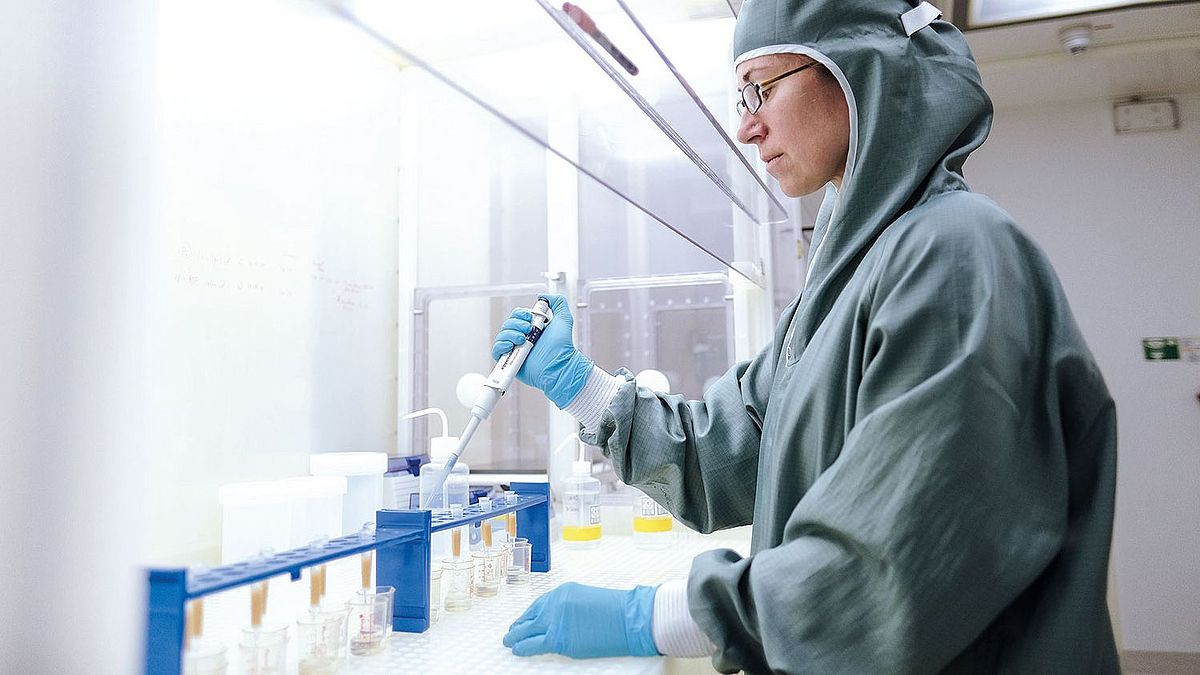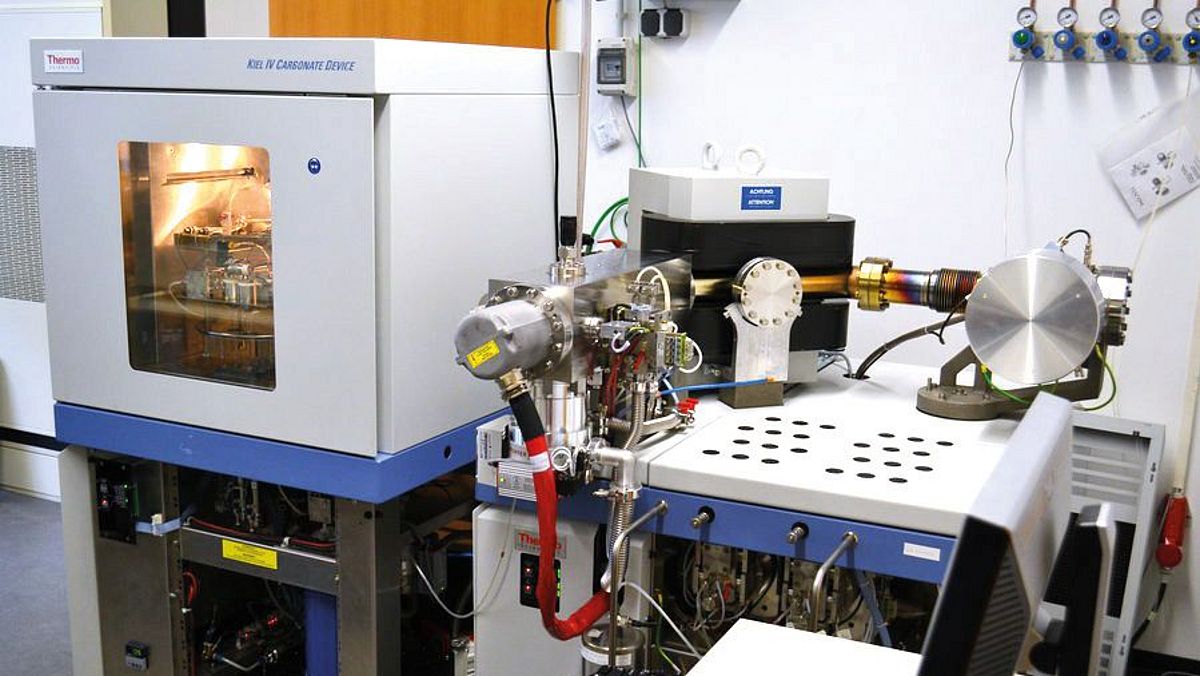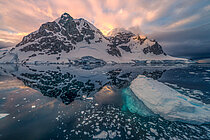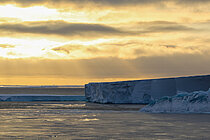Proxies – Keys to the Past
Marine environmental conditions are not recorded directly in sediments or corals, but have to be determined indirectly via so-called proxies. These allow marine environmental conditions of the past such as temperature, salinity, nutrient availability and marine biological productivity, pH, water mass distribution and mixing or marine carbon storage to be determined with high accuracy. Proxies can be aggregations of certain organisms or chemical elements and their isotopes stored in sediments or microfossil shells. Their calibration to specific environmental parameters can be done, among other things, through laboratory experiments and comparison with present-day proxy distributions in seawater.
How is the Age of the Sediment Determined?
For any reconstruction of palaeoceanographic and palaeoclimatic processes, the age of the sample material must be known precisely. For the age determination relative and absolute methods are used. Relative age classifications are made, for example, via the evolutionary changes in the microfossils that have survived in the marine sediments. Absolute age determination, on the other hand, is done using radioactive isotopes, which can be used to determine deposits that are, for example, 130,000 years old with an uncertainty of only a few 100 years.
A combination of relative and absolute methods is used in oxygen isotope stratigraphy. Here, the oxygen isotope ratio of seawater is measured on the calcareous shells of marine microfossils. Since the isotope ratio in the deep ocean only changes with the growth and disappearance of the ice sheets on land, it records the changes between ice ages and warm periods. Since these climatic changes were mainly controlled by solar radiation and thus the cyclical changes in the Earth's orbital parameters, the sequence of cold and warm periods can be matched with the very precise astronomical time scale. With this method, sediments many millions of years old can be dated with an uncertainty of only a few 1000 years.






![[Translate to English:] A large research vessel at sea, photographed from above at an angle](/fileadmin/_processed_/9/5/csm_sonne_SO252_M2_3401_abf9192642.jpg)
